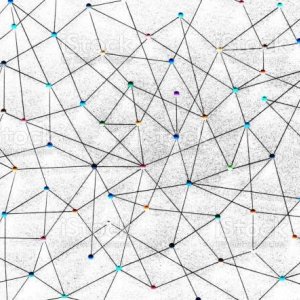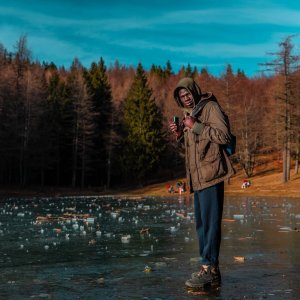I am Malamine, a peer researcher who collaborates on the MIMY research project. MIMY is research on the migration of people to Europe, in my case Italy, their stories, experiences, and expectations.
I have listened to men and women with a great life experience behind them here in Italy. They tell of a difficult journey with so many hopes and a long period of hiding.
Waiting for documents in Italy is quite long, which goes against their interests. For some people, integration in Italy has been easier, thanks to the language and culture. For others, more complex, above all because of the fear of what is different holds us back! I see people who have adapted to difficulties and never given up.
Are there any opportunities in Italy for both Italian and foreign people?
Education is a positive aspect even if, at times, it seems that the system is working against us! Listening to some of the participants' words, it appears that a person from another origin is like a permanent student with no degree: I wonder, is the system racist? During the integration process, the family often plays a fundamental role because unity is strength. In the stories of the Albanian community, it is a robust and solid network.
What is the future of migrants?
Plodding bureaucracy often determines their future! Sometimes, waiting leads to so much anger and increases the risk of crime, hatred, and violence. It is impossible to access the primary conditions that favour integration without documents, such as work and education.
Despite everything, however, a person’s individual will counts, and the participants I listened to demonstrate this. People have to believe that difficulties can be overcome and that this is what make us strong!


